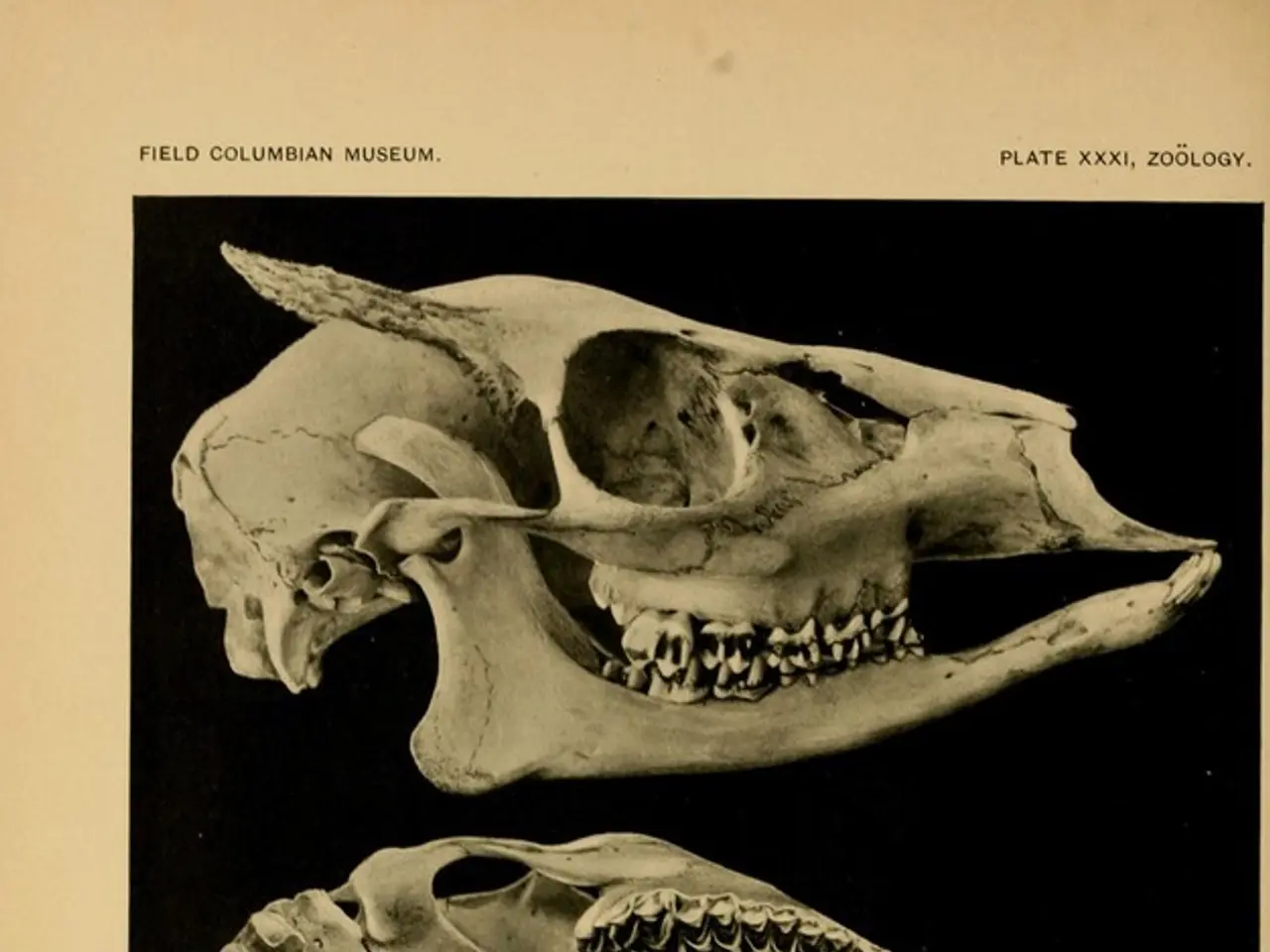Contemplate the Possibility of Brain Preservation for a Shot at Eternal Life?
As of mid-2025, uploading human minds into computer simulations for digital immortality remains largely experimental and theoretical, with significant technical and scientific challenges yet to be overcome.
The current landscape of research and development includes:
- Brain-machine interfaces (BMIs) and neurotechnology are rapidly advancing, aiming to decode and replicate aspects of human brain activity. For instance, DARPA is funding projects to directly transmit and decode images from one brain to another without surgery, using synthetic proteins and gene delivery to reprogram neurons for high-speed neural activity reading and transmitting.
- Commercial neurotech efforts like Bryan Johnson’s Kernel focus on real-time brain mapping and memory transfer, aiming to capture brain activity non-invasively. Johnson’s long-term vision is to digitize memory, personality, and thought patterns, thereby creating a digital continuation of consciousness beyond biological life.
- Companies like Neuralink have developed implantable brain-computer interfaces enabling paralyzed individuals to control computers, signaling progress in high-resolution brain data recording, though current implants face mechanical and biological challenges, and widespread human mind uploading is far from realized.
- Artificial General Intelligence (AGI) development may be an important foundation for future mind uploading, with expert surveys indicating a 50% chance of AGI emergence between 2040 and 2060. AGI could enable better understanding and simulation of human cognition, a prerequisite for accurate mind emulation.
Potential future developments include:
- Integrated interfaces combining non-invasive and invasive methods may allow increasingly precise and fast neural data capture.
- Advances in AI might facilitate decoding complex cognitive and emotional brain states and replicating them in virtual environments.
- Gene delivery techniques to modify neurons for optical or other forms of activity sensing could revolutionize brain data collection.
However, the path to realistic mind uploading and digital immortality is fraught with limitations and challenges:
- True mind uploading requires a full understanding of consciousness and the brain’s complex information processing, which remains incomplete.
- Current technology mostly demonstrates limited brain signal decoding and control, not full replication of thought, memory, or personality.
- Ethical, philosophical, and legal questions about identity, consciousness continuity, and digital selfhood remain unresolved.
The concept of brain preservation for digital immortality has been compared to the Alpha-level simulations in Revelation Space. Startup Nectome is exploring a brain preservation method called vitrifixation, also known as "aldehyde-stabilized cryopreservation." Despite raising $1 million for their research, Nectome is only focused on the brain preservation technique at this time, not making promises about mind uploading or digital immortality.
Nectome is currently seeking volunteers for their waiting list, with a $10,000 deposit, fully refundable. The process of brain preservation, even if successful, does not guarantee the transfer of consciousness or identity. The identity that would live on in a potential brain upload, if successful, wouldn't be the exact same as the individual, raising philosophical questions.
In summary, mind uploading for digital immortality is an active area of research combining neurotechnology, AI, and brain-computer interfaces. While rudimentary brain reading and control technologies have been demonstrated, realistic mind uploading and digital immortality are still speculative, likely requiring decades of breakthroughs before becoming feasible. Many people are skeptical about the feasibility of uploading minds into simulations and resurrecting brains in the future.
- Artificial Intelligence (AI) might eventually help in decoding complex cognitive and emotional brain states for replication in virtual environments, which could be instrumental in the development of therapies-and-treatments for mental-health issues.
- Brain-machine interfaces (BMIs) and neurotechnology are rapidly advancing, aiming to decode and replicate aspects of human brain activity, opening possibilities for health-and-wellness applications beyond digital immortality.
- As of mid-2025, digital immortality through mind uploading into computer simulations remains largely experimental, with AI's ability to comprehend mental-health and the complexities of consciousness still incomplete, posing significant technical, scientific, ethics, and philosophical challenges.




